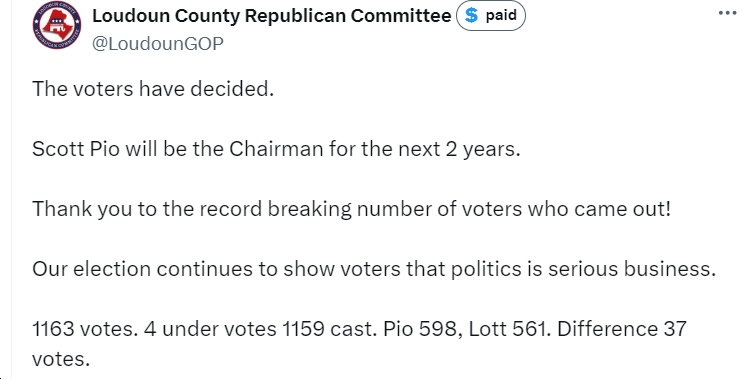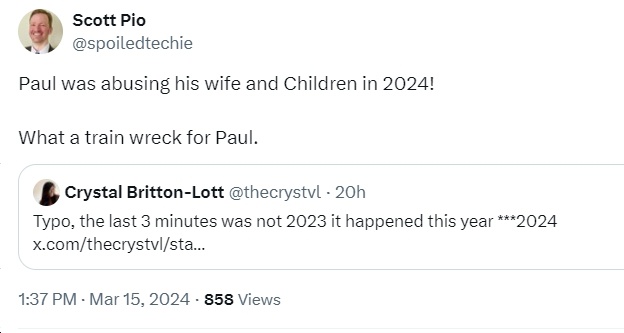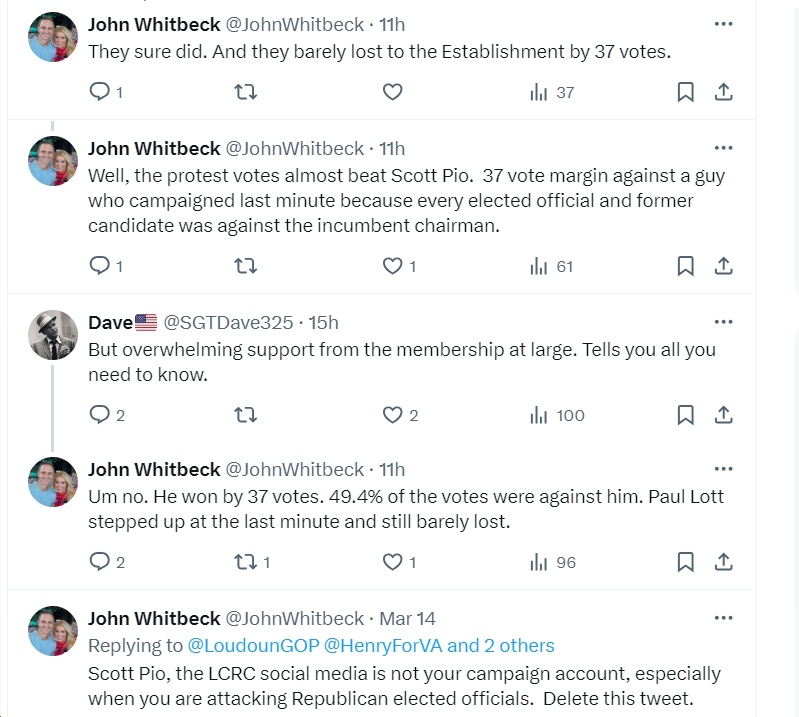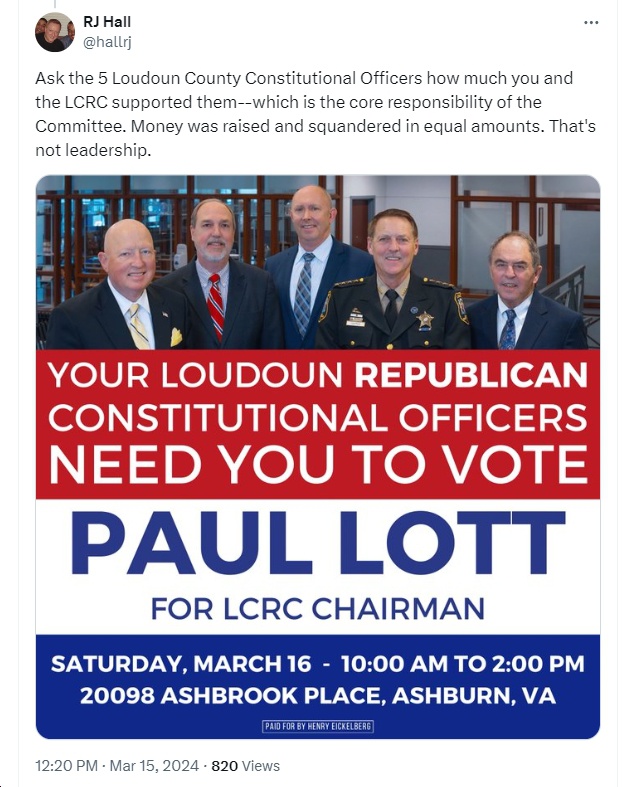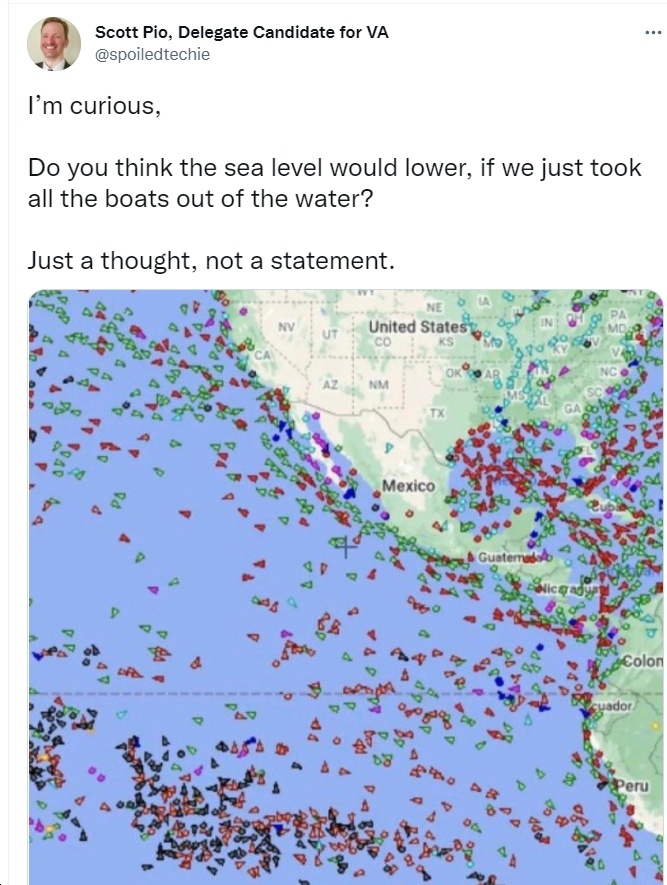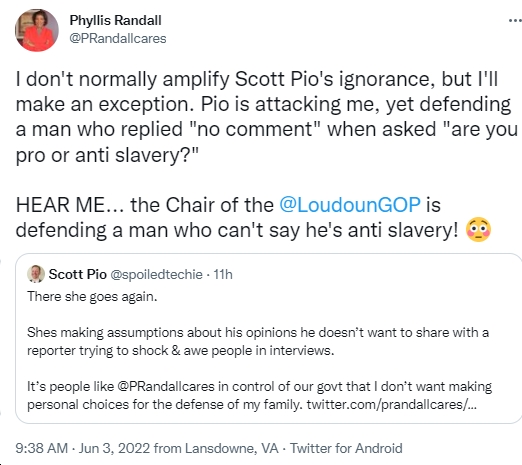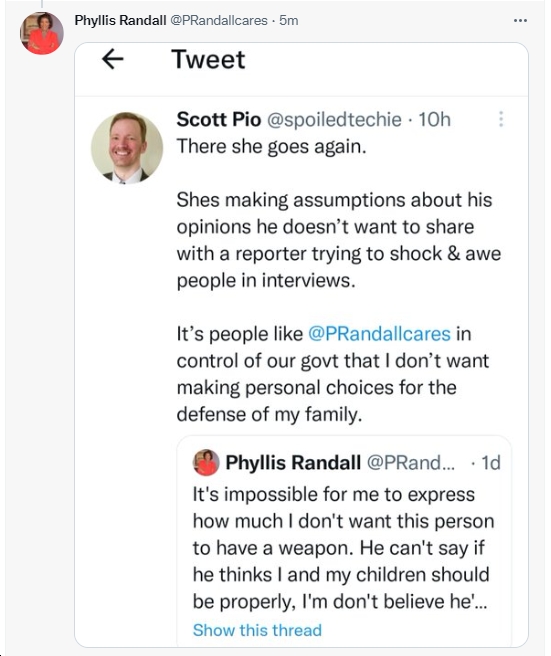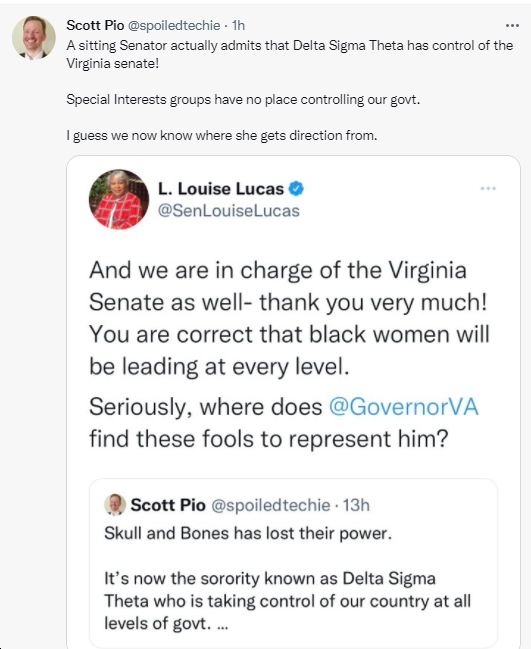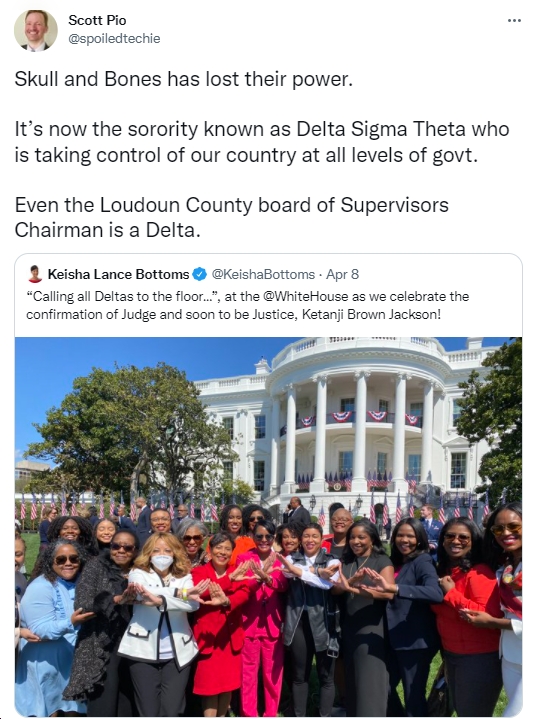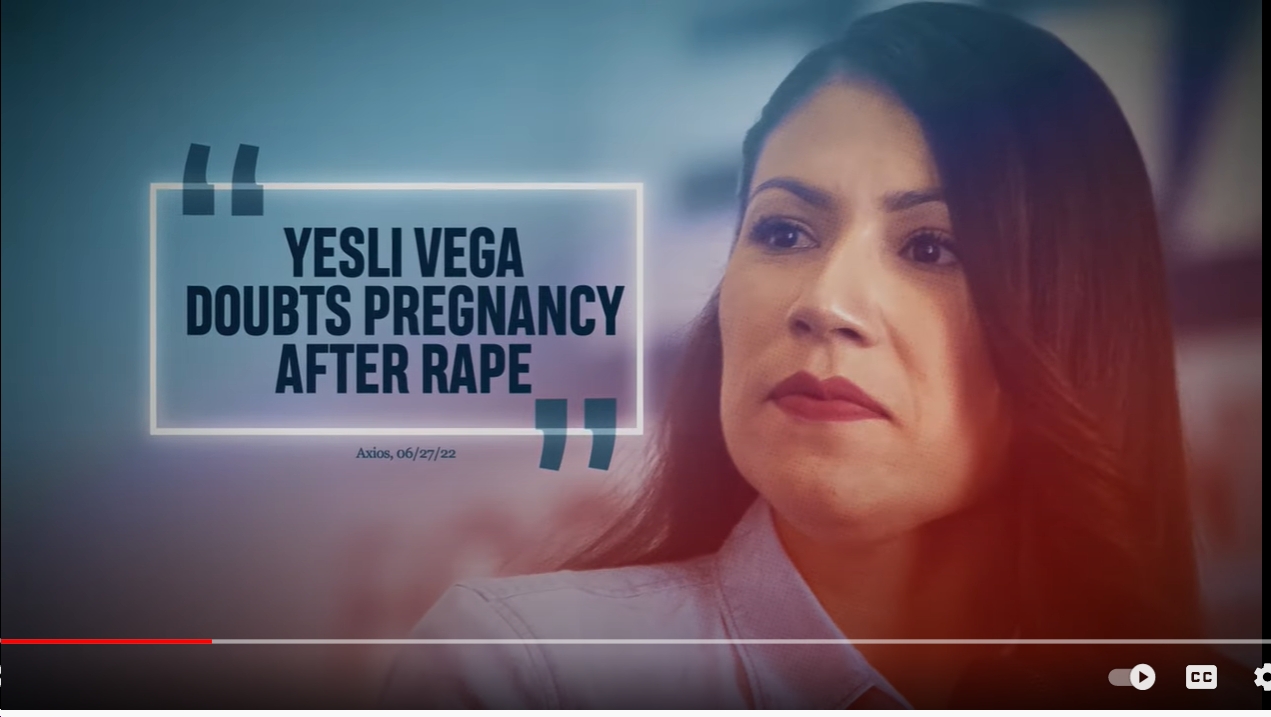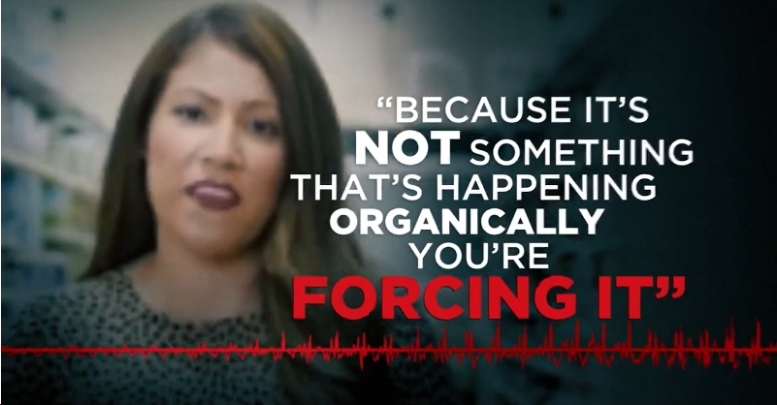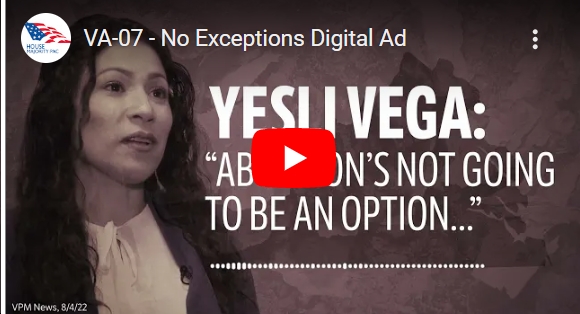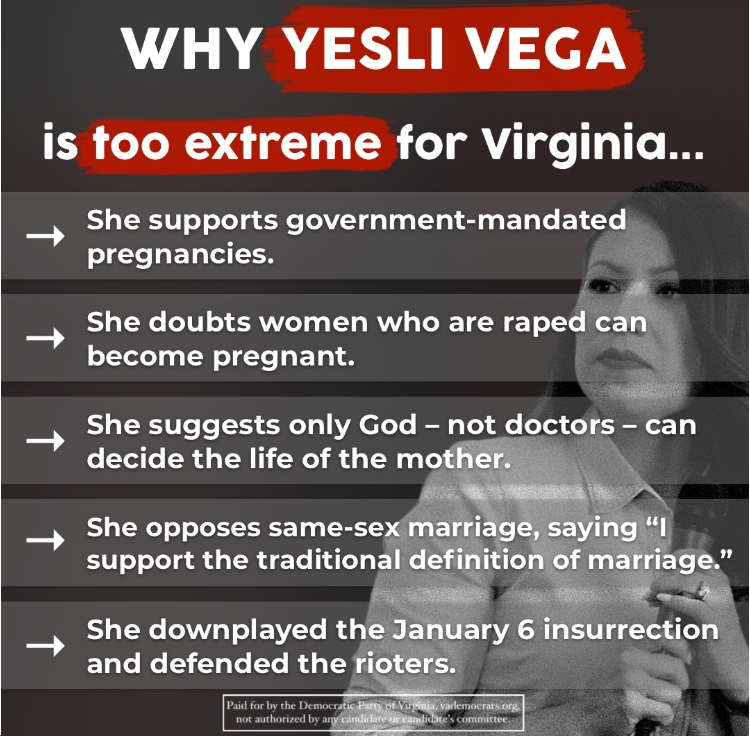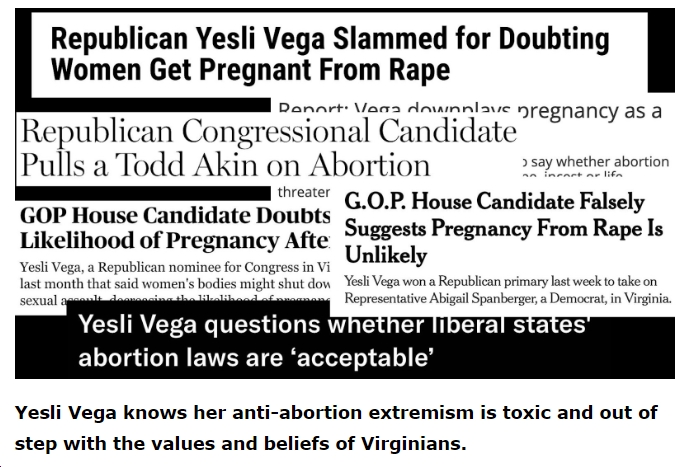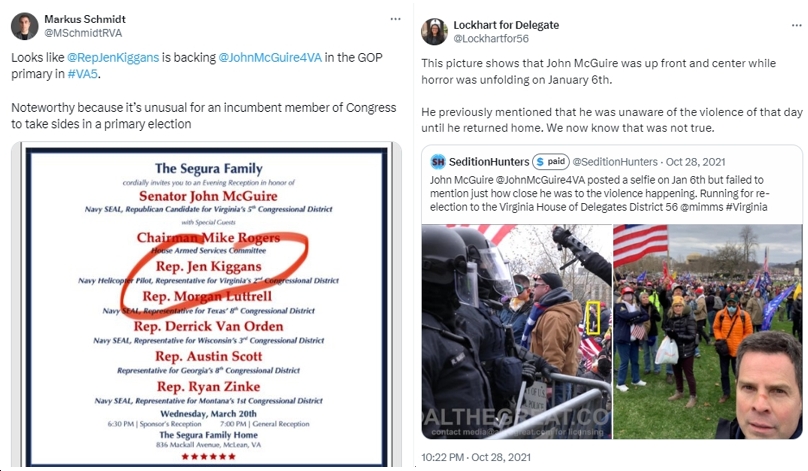by Ivy Main, cross posted from Power for the People VA:
Climate advocates felt hopeful last fall when Democrats won control of both the Senate and House with promises to protect the commonwealth’s climate laws, including the Virginia Clean Economy Act (VCEA) and the Clean Car Standard. It seemed possible the General Assembly might pass much-needed initiatives modest enough to avoid a veto from a Republican governor.
Apparently not. Democrats did fend off attacks on the VCEA and Clean Cars, and killed a lot of terrible bills. Through the budget process, they’re trying to require Virginia’s renewed participation in the carbon-cutting Regional Greenhouse Gas Initiative. But Gov. Youngkin won’t even get his shot at most of the priority bills from the environmental community. Of the bills that did pass, most were so watered down as to make their usefulness questionable. A few bills died even when they went unopposed. Some successful bills seem likely to add to Virginia’s energy problems rather than help solve them.
A lot of the blame can be laid at the feet of Dominion Energy, which took a bipartisan drubbing in the 2023 session, but was back this year stronger than ever like a plague that surges when we let our guard down.
But that’s only half the story. As a party, Democrats seemed to have simply lost interest in the fight. Climate change may be an urgent issue in the rest of the world, but in Virginia, a lot of lawmakers seem to think they already checked that box.
Two steps forward
In the spirit of optimism, let’s start with the positive highlights of the session, though admittedly they were more like flashlight beams than floodlights.
Most consequential for the energy transition is legislation establishing a statewide green bank, a requirement for accepting hundreds of millions of dollars in federal funding for clean energy projects. The House and Senate versions are different and will go to a conference committee. A show of opposition from Republicans in both chambers could attract a veto, but most governors welcome free money.
Similarly, new legislation directs the Department of Energy to identify federal funding available to further the commonwealth’s energy efficiency goals.
Another encouraging piece of legislation updates and expands on existing energy efficiency requirements for new and renovated public buildings, a category that would now include schools. Provisions for EV charging capabilities, resilience measures, and onsite renewable energy and storage are included. The measure attracted only a couple of Republican votes, so it may be at risk of a veto.
Another change will bring sales of residential rooftop solar within the consumer protections that apply to other contractors. Virginia’s Board for Contractors will be required to issue regulations requiring relevant disclosures.
The net metering law that supports customer-sited solar will now include provisions for the leasing of solar panels and the use of batteries under a measure that is not expected to draw a veto. A solar facility paired with a battery of equal capacity will be exempt from standby charges, and the customer may use the batteries in demand-response and peak-shaving programs. Though none of the bill’s provisions were controversial, Dominion exacted a price in the form of a line directing the SCC to “make all reasonable efforts to ensure that the net energy metering program does not result in unreasonable cost-shifting to nonparticipating electric utility customers.” Our utilities hope this will undermine the current full retail value for net metered solar when the SCC considers the future of net metering in proceedings later this year and next year.
A bill to require the Board of Education to develop materials for teaching students about climate change passed mainly along party lines.
Another bill allows, but does not require, local governments to create their own “local environmental impact funds,” to assist residents and businesses with the purchase of energy efficient lawn care and landscaping equipment, home appliances, HVAC equipment, or micro mobility devices (like electric scooters). Almost all Republicans voted against it, so modest as it is, it may draw a veto.
Both chambers have agreed to request the SCC form a work group to consider a program of on-bill financing for customer energy projects such as renewable energy, storage and energy efficiency improvements. The SCC will also be asked to study performance-based regulation and the impact of competitive service providers. Dominion will now also have to assess the usefulness of various grid enhancing technologies in its Integrated Resource Planning at the SCC.
Efficiency advocates had high hopes for a bipartisan measure they dubbed the SAVE Act to strengthen requirements for Dominion and APCo to achieve energy efficiency savings and to make it easier for efficiency programs to pass SCC scrutiny. Unfortunately, the final legislation does almost nothing, with most improvements pushed off to 2029.
A bill passed that designates each October 4 as Energy Efficiency Day. (I said these were small victories.)
https://virginiamercury.com/2024/01/25/as-youngkin-takes-an-axe-to-the-deep-state-what-could-possibly-go-wrong/embed/#?secret=WWoGYRV68g#?secret=u72DtPLbbq
Finally, in a rejection of one of the more inane initiatives of the governor’s regulation-gutting agenda, both Houses overwhelmingly passed legislation preventing changes to the building code before the next regular code review cycle. I imagine the governor will have to veto the bill, and Republican legislators will then be caught between party loyalty and a duty to govern intelligently, but any way you look at it, eggs are meeting faces.
Two steps back
Failure to pass a bill might seem to leave matters where they are, with no winners or losers. Inaction in the face of climate change, however, means we lose time we can’t afford to waste.
Inaction can also have devastating consequences in the here and now. Solar projects on public schools and other commercial properties in Dominion Energy’s territory have been delayed or outright canceled for more than a year due to new rules imposed by Dominion in December of 2022 that raised the cost of connecting these projects to the grid exponentially. Legislation promoted by the solar industry and its customers would have divided responsibility for grid upgrades between the customer and the utility, while giving Dominion the ability to recover costs it incurred. Through its lobbyists’ influence on legislators, Dominion killed the bills not for any compelling reason, but because it could.
Dominion’s obfuscations and half-truths often work magic when the subject is technical. But of all the votes taken this year on energy bills, this one actually shocks me. No one listening to the committee testimony could have misunderstood the significance of the legislation, affecting dozens of school districts and local governments. In desperation, the solar industry offered amendments that (in my opinion) would have given away the store, to no avail.
A cross-check of votes and campaign contributions shows the legislation failed due to the votes of committee members who happen to accept large campaign contributions from Dominion. This dynamic tanked a number of other climate and energy bills as well, and underlines why utilities must be barred from making campaign contributions.
Dominion’s influence also killed a priority bill for the environmental community that would have required the SCC to implement the Commonwealth Energy Policy, slimmed down SCC review of efficiency programs to a single test, increased the percentage of RPS program requirements that Dominion must meet from projects of less than 1 megawatt, and increased the percentage of renewable energy projects reserved for third-party developers. Two other bills that were limited to the Commonwealth Energy Policy provision also failed.
Dominion’s opposition was also enough to kill a bill designed to expand EV charging infrastructure statewide, especially in rural areas, in part by protecting gas station owners who install electric vehicle charging from competition by public utilities. Sheetz and other fuel retailers testified that they want to invest in charging infrastructure but won’t take the risk as long as Dominion can install its own chargers nearby. The reason is that using ratepayer money allows a public utility to undercut private business. Other states have dealt with this by prohibiting utilities from getting into the EV charging business. Here, the retailers asked for 12 miles between themselves and any utility-owned chargers. Dominion opposed the bill, and the fuel retailers lost in subcommittee. A second bill that would have created an EV rural infrastructure fund passed the House but could not get funding in the Senate.
Bills in both the House and Senate would have required most new local government buildings to include renewable energy infrastructure, especially solar. The House bill, though unopposed, was killed by Democrats in Appropriations because a fiscal impact statement erroneously said it might cost something, in spite of bill language exempting situations where the improvements would not be cost-effective. Then the same committee felt tradition-bound to kill the Senate bill when it came over, although that bill carried no fiscal impact concerns and it was by then clear that killing the House bill had been a mistake. A foolish consistency is the hobgoblin of little minds, but also of mindless rules.
Moving along: all of the bills that would have put limits on the ability of localities to bar solar projects in their jurisdictions failed, as did legislation that would have given solar developers essentially a right to appeal an adverse decision to the SCC.
None of the many bills supporting customer choice in electricity purchasing passed. Legislation to allow localities to regulate or ban gas-powered leaf blowers also failed, as did a bill that would have required Dominion and APCo to reveal how they voted in working groups advising grid operator PJM. This bill passed the House but, like so many others, it died in the heavily pro-utility Senate Commerce and Labor committee.
Two steps sideways?
Community solar, known as shared solar in Virginia, staggered a few steps forward, or maybe just sideways. Readers will recall that the Dominion program authorized in 2020 has proven a success only for low-income customers who don’t have to pay the high minimum bill Dominion secured in the SCC proceeding that followed enactment.
Trying to make the program work for the general public was the goal of legislation that advanced this year but may or may not help. As passed, the compromise language offers an opportunity to expand the program a little bit and to take the argument about the minimum bill back to the SCC with a different set of parameters.
In addition to modifying the program in Dominion territory, shared solar now has a modest opening in Appalachian Power territory under a similar bill. Again, the final bill offers far less than advocates hoped, and it lacks even the special provisions for low-income subscribers that make the original Dominion program work at all. Like Dominion, APCo fought the bill, though unlike Dominion, APCo’s rate base has been shrinking, so losing customers to alternative suppliers is a more legitimate concern.
(At least for now. All APCo needs to do to reverse the decline is to lure a couple of data centers from up north. Data centers are such energy hogs that they would swamp any losses from shared solar, and residents of NoVa would be glad to forgo a few. Or for that matter, a few dozen.)
Other new measures garnered support from many in the environmental community, but don’t really move the needle. One allows geothermal heat pumps, which reduce a building’s energy demand but don’t generate electricity, to qualify under Virginia’s renewable portfolio standard (RPS). Another allows an old hydroelectric plant to qualify for the RPS, a move that adds no new renewable energy to the grid but means the electric cooperative that gets the electricity from the plant can now sell the renewable energy certificates to Dominion and APCo.
Lying down and rolling over
In the face of the single greatest threat to Virginia’s — and the nation’s — energy security and climate goals, the General Assembly’s leaders chose to do nothing. In fact, doing nothing was their actual game plan for data centers. A quick death was decreed for legislation requiring data centers to meet energy efficiency and renewable energy procurement requirements as a condition of receiving state tax subsidies. Also killed were a bill that sought to protect other ratepayers from bearing the costs of serving data centers, and more than a dozen bills dealing with siting impacts, water resources, noise abatement, undergrounding of transmission lines and other location-specific issues.
The excuse for inaction is that the Joint Legislative Audit and Review Committee is undertaking a study to examine the energy and environmental effects of data centers. However, legislators did not impose a concomitant pause in data center development while the study is ongoing. Instead, for at least another year, Virginia’s leaders decreed that there will be no restraints or conditions on the growth of the industry, even as ever more new data center developments are announced and community opposition increases.
And falling for the boondoggle
Nuclear energy has always had its true believers at the General Assembly, and the prospect of small modular reactors (SMRs) has excited them again. Many of the same legislators who busied themselves killing climate and energy bills this year insist Virginia needs SMRs to address climate change. They are more than happy to let utilities charge ratepayers today for a nuclear plant tomorrow — or rather, ten years from now, or maybe never if things go as badly here as they did in South Carolina, Georgia and Idaho.
More cautious lawmakers say if Dominion or APCo wants to go all in on an unproven and risky technology like small modular reactors, they should shoulder the expense themselves and only then make the case for selling the power to customers.
Dominion has achieved a terrific success rate with boondoggles over the years. (See, e.g. its coal plant in Wise County, spending on a North Anna 3 reactor that was never built, and the so-called rate freeze, followed by the also-lucrative legislation undoing the rate freeze.) By now you’d think more legislators would have joined Team Skeptic. But as always, utility donations and lobbyists’ promises are the great memory erasers. So once again, the General Assembly voted to allow ratepayer money to be spent on projects that may never come to fruition.
This year APCo is in on the act as well. Two bills, one for APCo and the other for Dominion, will allow the utilities to charge ratepayers for initial work on nuclear plants of up to 500 MW. The final language of both bills requires SCC oversight and imposes limits on spending. That is, for now.
Will the real climate champions please step forward?
This round-up might leave readers thinking there aren’t many lawmakers in Richmond who take climate change seriously. Fortunately, this is not the case. Close to two dozen legislators introduced bills targeting stronger measures on energy efficiency, renewable energy, electric vehicles and utility reform. Del. Rip Sullivan, D-Fairfax, led the pack both in the sheer number of initiatives he introduced and the tenacity with which he pursued them, but he was not alone.
A few Republicans also supported good energy legislation, and even, in the case of Del. Michael Webert, R-Fauquier, sponsored priority bills like the SAVE Act. With groups like Energy Right and Conservatives for Clean Energy making the case from a conservative perspective, maybe we will see progress towards a bipartisan climate caucus to build on Virginia’s energy transition.
If that sounds too optimistic, consider that the alternative right now is the near-total inaction that marked this year’s session; we just don’t have time for that.
